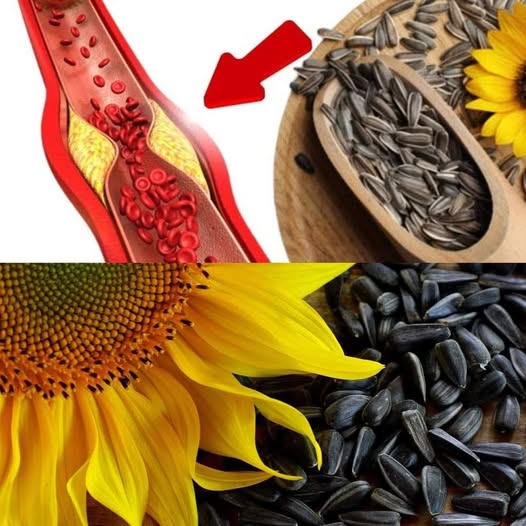Serving: Start with small portions (1-2 tablespoons per day) to allow your body to adjust, then gradually increase.
Storage: Store seeds in airtight containers in a cool, dark place to preserve freshness. Refrigeration is ideal for flaxseeds and chia seeds.
Variations
Seed Mix: Create a heart-healthy seed blend by combining equal parts of flax, chia, pumpkin, and sunflower seeds for an all-in-one sprinkle.
Seed Butter: Use sunflower or pumpkin seeds to make homemade nut-free seed butter.
Infused Drinks: Add chia seeds to water with lemon and honey for a refreshing, nutrient-packed drink.
FAQ
Q: Can I eat these seeds raw?
A: Yes, most of these seeds can be eaten raw, but some, like flaxseeds, are better ground to improve nutrient absorption.
Q: How much should I consume daily?
A: A serving of 1-2 tablespoons of any seed is generally enough to reap the health benefits.
Q: Are there any risks to eating seeds?
A: Seeds are nutrient-dense, so consuming them in large amounts may lead to digestive discomfort or calorie overload. If you’re on blood-thinning medications, consult a doctor before increasing your seed intake.
Incorporating these miracle seeds into your diet can be a simple yet impactful step toward better heart health. Try them today and let their natural power support your cardiovascular well-being!



Yo Make również polubił
Sweet Chilli Chicken Drumsticks Served with Chakalaka: A Flavorful Feast
Grilled Herb-Marinated Steak with Rice
Meltingly Soft and Delicious Scones
Easy Creamy Desserts: No Condensed Milk, No Gelatine, No Cream Cheese!